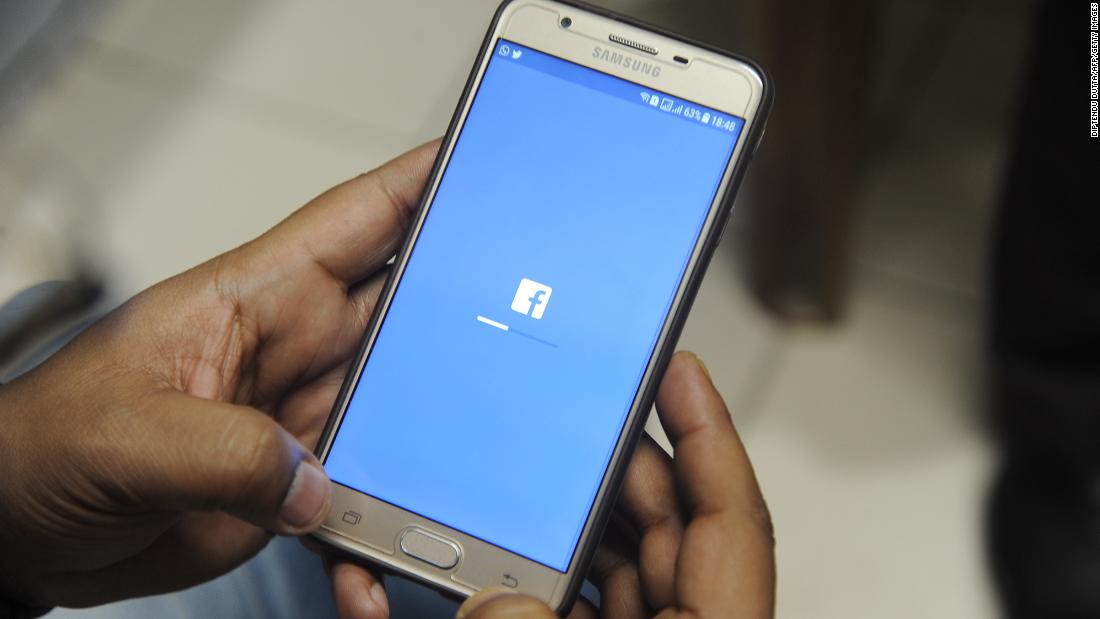
Partisanship, employee dissent and 'dead bodies': Inside Facebook's struggle to combat misinformation and hate speech in India
CNN
In early 2019, a team of Facebook's researchers spent two weeks interviewing 30 users across two Indian cities, Jaipur and Hyderabad. The goal: to learn about their experiences with misinformation and fact-checking on its platforms.
The fact-finding mission, which was described by one of the researchers in an internal document seen by CNN, took place at an important moment for the country, and for Facebook's operations within it. India's national elections, the biggest in the world, were just months away — and Facebook was already bracing for potential trouble.
The year prior, a spate of lynchings triggered by viral hoax messages on Facebook-owned WhatsApp had put the company at the center of a debate about misinformation in the country. In February, 2019, with the election approaching, WhatsApp announced it was deploying artificial intelligence to clean up its platform. It also warned Indian political parties their accounts could be blocked if they tried to abuse the platform while campaigning.

 Run 3 Space | Play Space Running Game
Run 3 Space | Play Space Running Game Traffic Jam 3D | Online Racing Game
Traffic Jam 3D | Online Racing Game Duck Hunt | Play Old Classic Game
Duck Hunt | Play Old Classic Game